Do You Need a Passport for Immigration Paperwork?

Do You Need a Passport for Immigration Paperwork?
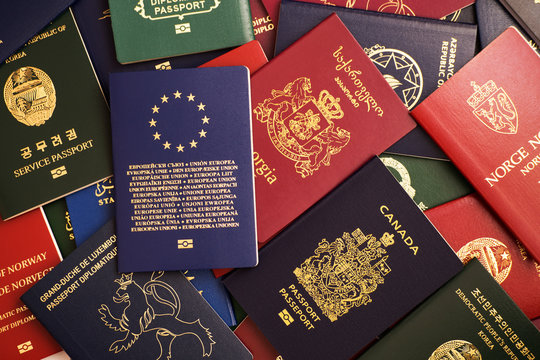
Navigating through immigration paperwork can often feel like venturing into a labyrinth of endless forms, regulations, and required documents. One of the most common questions asked by individuals looking to relocate, work, or study abroad is, “Do I need a passport for immigration paperwork?” This comprehensive guide aims to clarify the role of a passport in the immigration process, discuss alternative documents when applicable, and provide step-by-step advice on how to ensure you have all the necessary paperwork in order.
Why Is a Passport Important for Immigration?
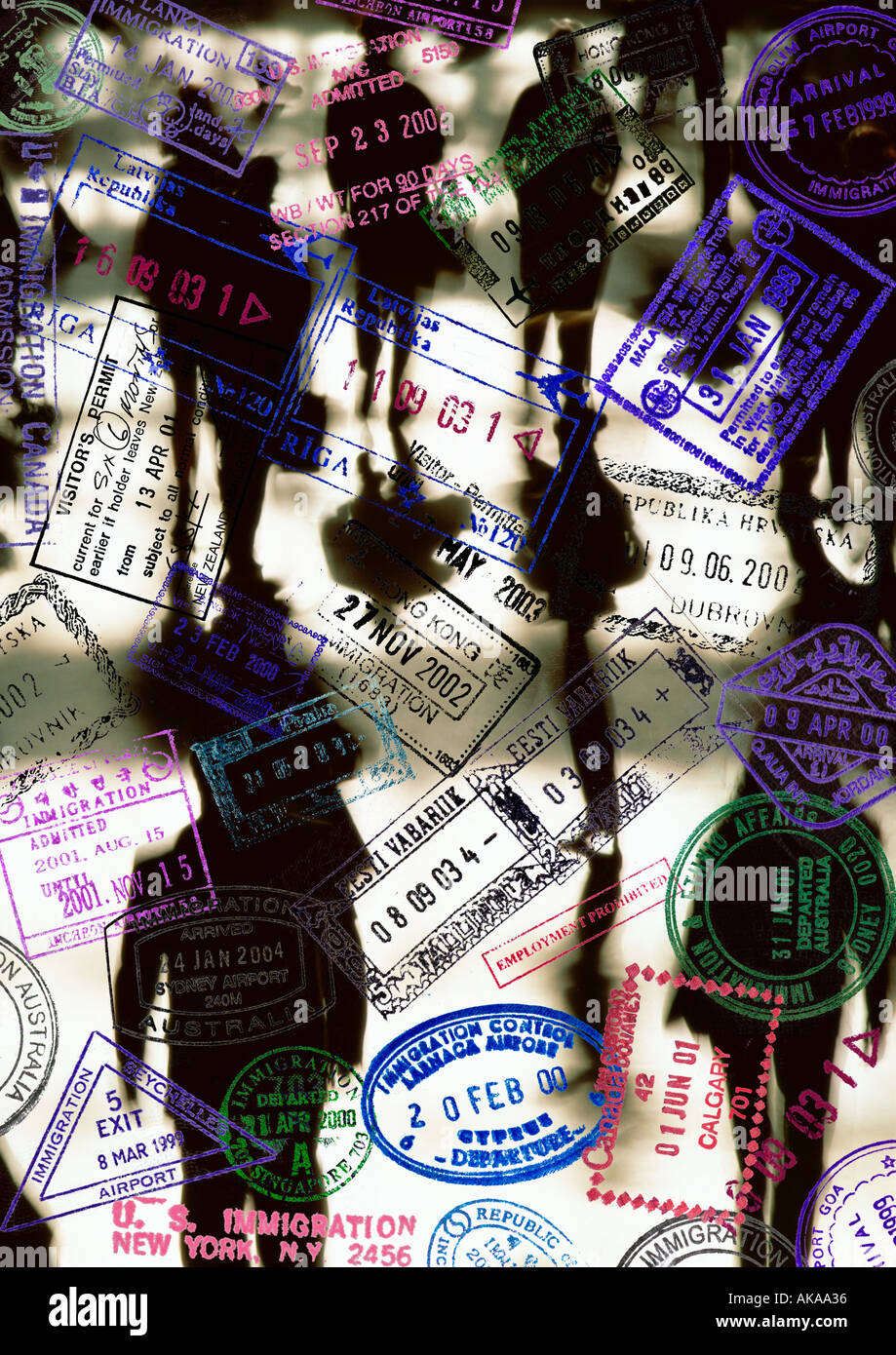
A passport serves as the primary document to establish your identity, nationality, and travel history. Here’s why it’s so crucial for immigration:
- Proof of Identity: Your passport confirms who you are.
- Nationality: It proves your citizenship in your home country.
- Right to Enter: Immigration officials use it to verify your permission to enter their country.
- Return: It ensures you have the right to return to your country after your stay or visit abroad.
When Can You Use Documents Other Than a Passport?

While a passport is the standard for immigration procedures, certain situations might allow for alternative documentation:
- Stateless Individuals: If you do not have a nationality, documents like a stateless person’s travel document might be recognized.
- Refugees: Refugees may use refugee travel documents issued by their host country.
- Lost or Stolen Passport: If your passport is lost or stolen, you might need to provide evidence of the loss and any temporary documents issued by your embassy or consulate.
The Immigration Process: A Step-by-Step Guide

1. Understanding the Requirements

The first step in the immigration process is to research the specific requirements for your destination country:
- Check the government’s immigration website or contact the embassy for detailed information.
- Ensure you have a valid passport or the required alternative document.
2. Gathering Your Documents
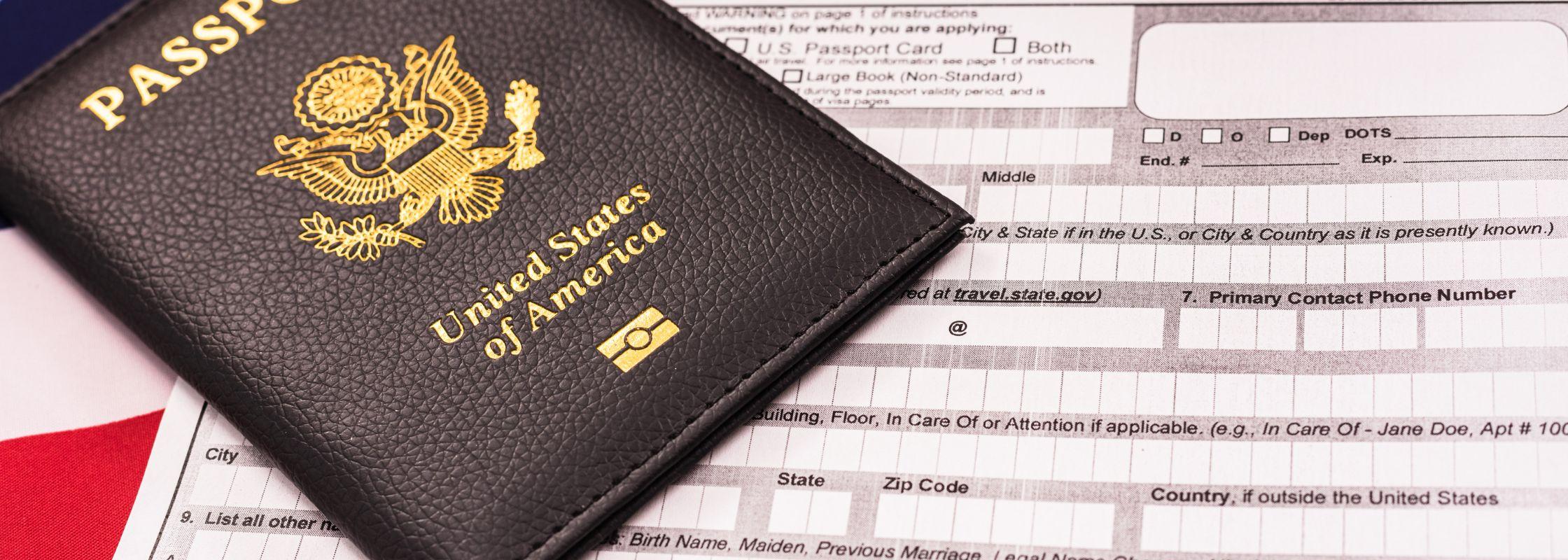
Here’s a list of documents you might need for immigration:
- Valid Passport: Check the validity duration; some countries require your passport to be valid for at least six months beyond your stay.
- Visa Application Form: Complete and accurate form submission.
- Proof of Financial Means: Bank statements, salary slips, or sponsorship letters.
- Employment or Study Documents: Job offers, admission letters, etc.
- Medical and Health Insurance: Required for some countries to cover potential medical expenses.
- Police Clearance Certificate: Proving you have no criminal record.
- Birth Certificate or Family Records: For those applying with family members.
👉 Note: Ensure all documents are translated into the language of the country you are applying to if necessary.
3. Applying for a Visa

Follow these steps for your visa application:
- Apply online or through the appropriate consulate or embassy.
- Pay any applicable visa fees.
- Submit your biometric data (fingerprints, photographs) if required.
- Attend an interview if your visa category mandates it.
4. Prepare for Your Arrival

Once your visa is approved:
- Ensure your passport is undamaged and contains enough blank pages for entry/exit stamps.
- Keep all your travel documents handy during your journey.
5. Upon Arrival

At the port of entry, immigration officers will:
- Check your passport and other travel documents.
- Possibly ask for further documentation.
- Issue you a stamp or visa sticker in your passport.
After reviewing the importance of a passport in immigration procedures, the circumstances where alternative documentation can be used, and the steps to navigate through the process, let's now address some frequently asked questions.
What if I don't have a passport?

+
If you do not have a passport, you need to apply for one from your home country's government. If you're stateless or a refugee, contact the relevant authorities for a travel document.
Can I travel with a travel document instead of a passport?
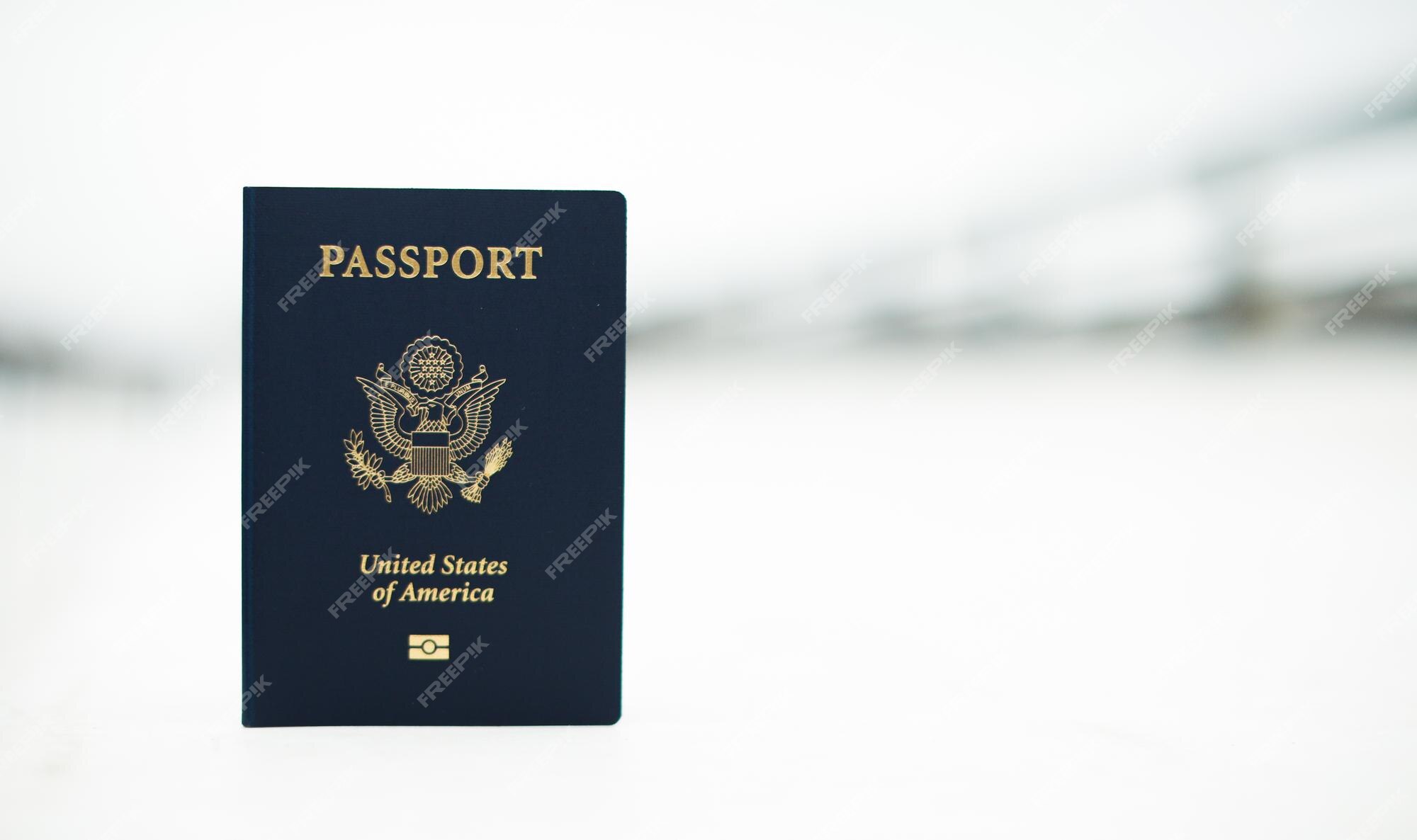
+
Yes, in specific cases such as being stateless or a refugee, you might use a travel document. However, it's essential to confirm with the destination country's immigration policy.
How long does it take to get a passport?
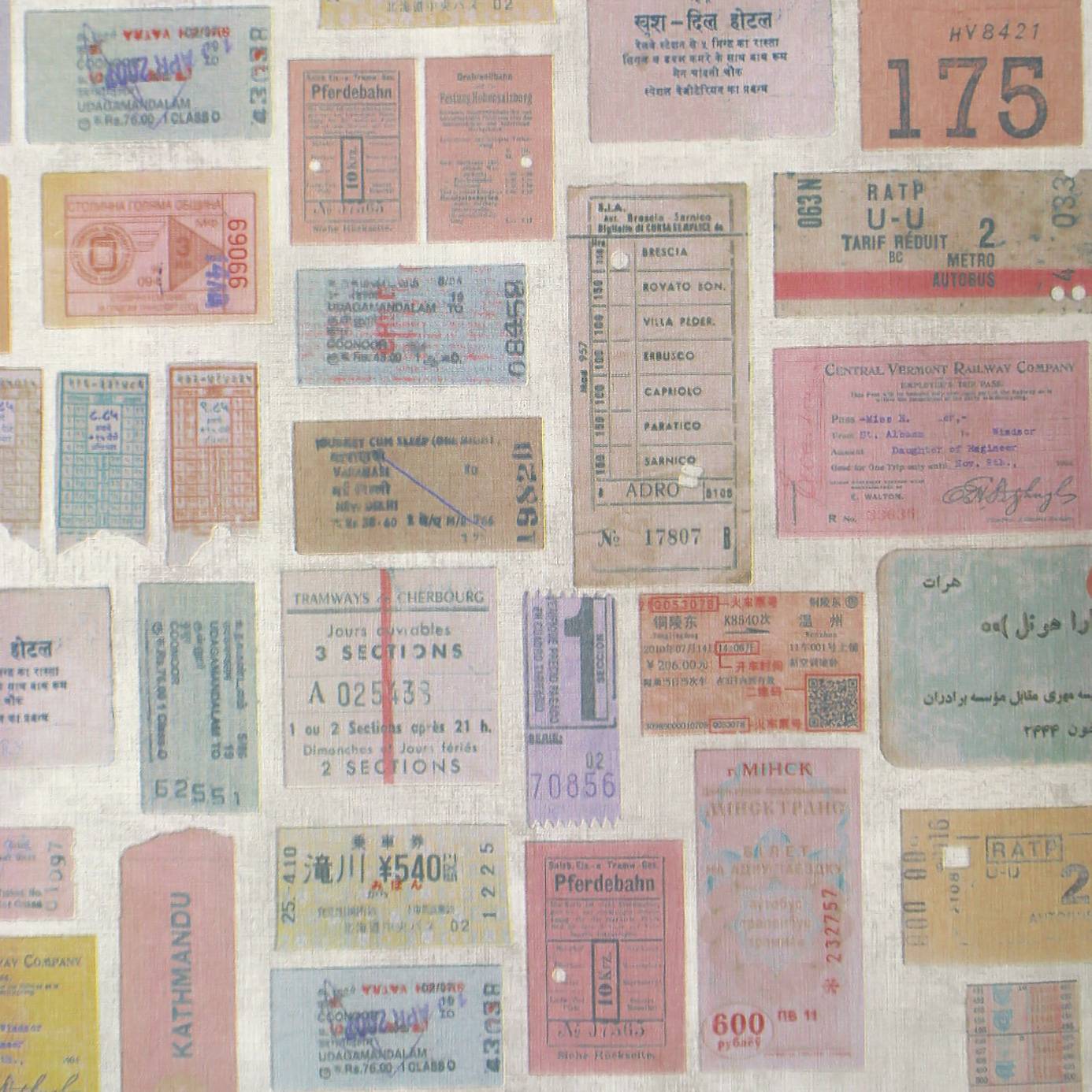
+
The processing time for a new passport varies by country. It typically takes between 4 to 6 weeks, but expedited services are often available for an additional fee.
The importance of having a passport or a recognized travel document for immigration paperwork cannot be overstated. It is not just a travel document; it’s your primary proof of identity, citizenship, and legal right to travel. Whether you’re looking to migrate, work, study, or visit, ensuring you have the necessary documentation in order is the first step towards a smooth immigration experience. Remember, preparation, attention to detail, and following the right steps can make a significant difference in how your immigration journey unfolds.